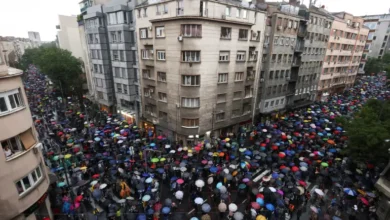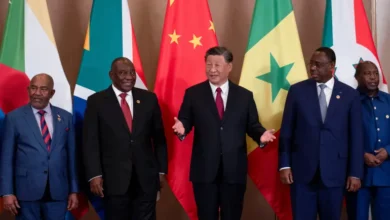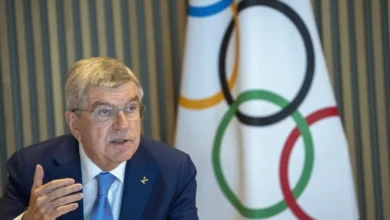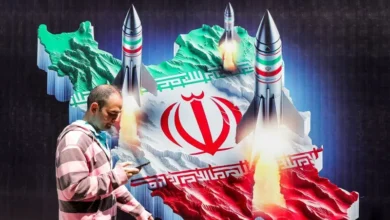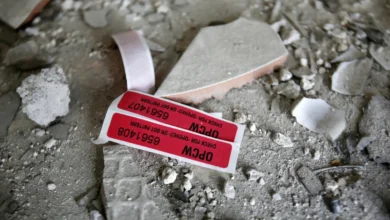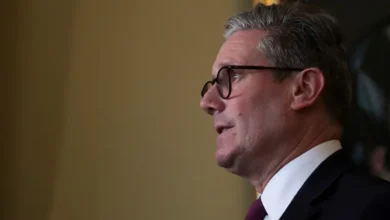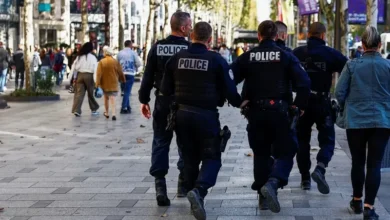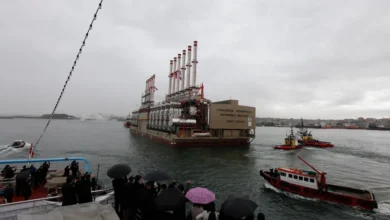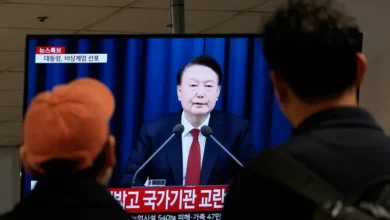For Lebanon, war is coming, but not this second
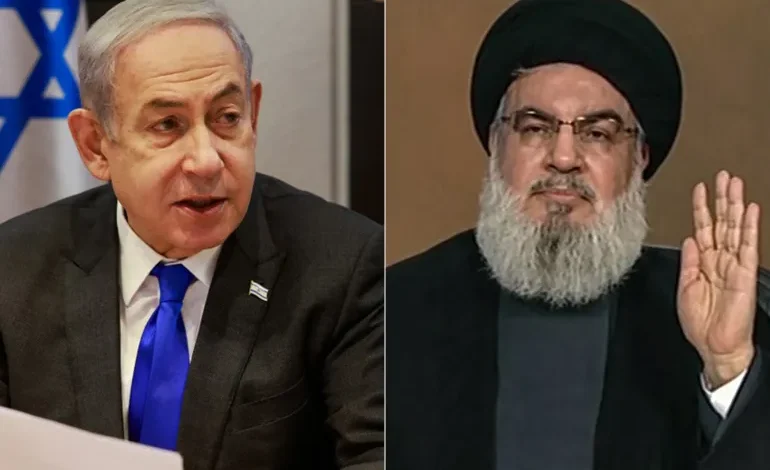
Low-flying Israeli warplanes broke the sound barrier twice over Beirut as Hezbollah leader Hassan Nasrallah delivered his first speech since two days of attacks saw pagers and walkie-talkie radios explode across Lebanon.
The attacks – which killed Lebanese people, both Hezbollah members and civilians, including at least two children – came months after Nasrallah told supporters to stop using mobile phones because they might be compromised by Israel.
They also occurred amid escalating rhetoric from Israeli officials about intensifying operations on their northern front.
At least 37 people were killed and nearly 3,000 injured in Lebanon on Tuesday and Wednesday.
More than 600 have died since October 8 when Hezbollah and Israel began trading attacks across the border. More than 100 were civilians.
Hezbollah’s response
Nasrallah appeared fatigued at the start of his speech on Thursday as he acknowledged the severity of the damage.
They also occurred amid escalating rhetoric from Israeli officials about intensifying operations on their northern front.
At least 37 people were killed and nearly 3,000 injured in Lebanon on Tuesday and Wednesday.
More than 600 have died since October 8 when Hezbollah and Israel began trading attacks across the border. More than 100 were civilians.
Hezbollah’s response
Nasrallah appeared fatigued at the start of his speech on Thursday as he acknowledged the severity of the damage.
He admitted it was a “major blow … unprecedented in the history of the resistance”, but his energy grew as he gave his address, which included some of his signature provocations against Israel, specifically its prime minister.
“[Benjamin] Netanyahu, … we welcome an invasion. … We consider it an opportunity,” he said.
Referring to Israel’s goal stated on Thursday to make conditions near its border with Lebanon safe enough for residents who have fled Hezbollah attacks to return, Nasrallah said: “I promise you, you won’t be able to bring the settlers back to their homes.”
Strong words aside, Nasrallah didn’t indicate when or where a response would take place.
People close to Hezbollah promised a stunning response after such staggering attacks.
“The response will be gradual, escalating and painful,” Qassem Kassir, a Lebanese political analyst believed to be close to the group, told Al Jazeera.
That defiance cannot be reckless, other analysts said, if Hezbollah wants to avoid taking further losses in morale and personnel.
“The recent Israeli attack on Hezbollah exposed serious weaknesses and vulnerabilities,” Imad Salamey, a professor of political science at the Lebanese American University in Beirut, told Al Jazeera.
“Hezbollah must now be extremely cautious in its response. … I believe Hezbollah’s retaliation will be delayed as it regroups with the goal of regaining the initiative and surprise while also awaiting a potential settlement in Gaza before acting.”
Hezbollah’s last major retaliation was in response to Israel assassinating the group’s commander Fuad Shukr. That response on August 25 saw more than 300 rockets fired and drones launched at Israeli bases.
